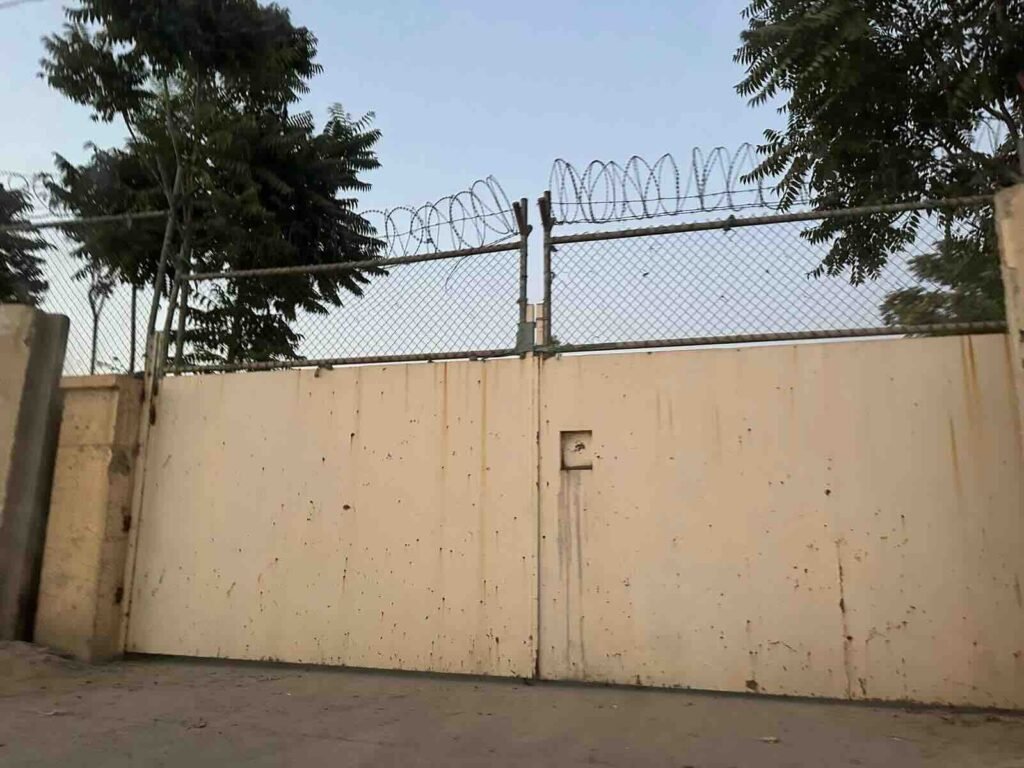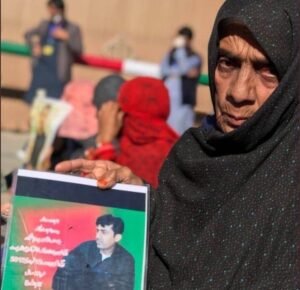Balochistan’s Battle: Economic Exploitation, Political Repression, and Rising Insurgency

Photo by @Gulistan for ADN
By Kadeem Baloch
Balochistan, Pakistan’s largest and resource-rich province, has long been a battleground between the Pakistani state and the Baloch ethnic minority. The province has witnessed decades of unrest, primarily due to what many Baloch people perceive as exploitation of their resources and denial of basic rights. These grievances have fueled an armed insurgency led by groups like the Baloch Liberation Army (BLA), which has escalated in both intensity and sophistication in recent years.
Balochistan is home to vast deposits of valuable natural resources, including gold, copper, and natural gas. Despite this wealth, the province remains one of the poorest and least developed regions in Pakistan. The Baloch people, who are the indigenous inhabitants of the province, have long complained that they have been systematically excluded from the benefits of these resources. Instead of being invested in local development, the wealth generated from Balochistan’s resources has primarily flowed to other parts of Pakistan, particularly Punjab, the most populous and prosperous province.
This economic marginalization has created deep-seated resentment among the Baloch people. They see the exploitation of their land as a form of colonialism, where their resources are extracted without adequate compensation or benefit to the local population. The situation is further aggravated by the lack of job opportunities and the underdevelopment of infrastructure in Balochistan, despite the province’s resource wealth.
The Baloch people’s grievances are not limited to economic exploitation; they also face severe political suppression. The Pakistani state has often resorted to heavy-handed tactics to maintain control over Balochistan. This includes widespread human rights abuses, such as enforced disappearances, extrajudicial killings, and torture, particularly of those suspected of supporting the insurgency.
The Baloch people have repeatedly called for greater autonomy and control over their resources, but their demands have been met with repression. The Pakistani military and intelligence agencies have been accused of rigging elections in Balochistan to install pro-Islamabad leaders who do not represent the true aspirations of the Baloch people. This political disenfranchisement has led many Baloch to lose faith in the possibility of achieving their rights through peaceful means.
Former Chief Minister of Balochistan, Abdul Malik Baloch, has voiced concerns about the growing disillusionment among the Baloch people. He argues that the manipulation of elections and the lack of genuine political representation have pushed many towards insurgency as they see no other way to achieve their goals. The Baloch people increasingly view the state’s promises of development and inclusion as empty rhetoric, fueling anger and desperation.
The perceived injustices in Balochistan have given rise to armed groups like the BLA, which have gained strength in recent years. Initially, these groups carried out small-scale attacks against government forces. However, their tactics have evolved, and they have begun to execute more sophisticated and deadly operations. The BLA, in particular, has demonstrated its growing capabilities through coordinated attacks, such as the August 2024 operations that left over 70 people dead. The bombings and shootings during last week of August were the deadliest in years in Balochistan. BLA claimed to have carried out these attacks to mark the anniversary of the death of Baloch nationalist leader Akbar Bugti, who was killed by Pakistan’s security forces in 2006.
The BLA and other separatist groups argue that their armed struggle is a response to the state’s exploitation and repression. They claim that they are fighting for the independence of Balochistan, which they believe is the only way to protect their land and rights. The increasing recruitment of Baloch youth into these groups is a testament to the deep-seated frustration and anger within the community. With limited opportunities for peaceful political participation, many young Baloch see joining the insurgency as their only option.
The China-Pakistan Economic Corridor (CPEC) has added another layer of complexity to the conflict in Balochistan. While CPEC promises significant economic benefits for Pakistan, the Baloch people have largely been excluded from these developments. The Gwadar port, a key component of CPEC, is located in Balochistan, yet the local population has seen little improvement in their living conditions. Instead, they have witnessed an influx of Chinese workers and increased military presence, which many perceive as further marginalization.
The exclusion of the Baloch people from CPEC’s benefits has led to attacks on Chinese workers and infrastructure by Baloch insurgent groups. These attacks reflect the Baloch people’s anger at being sidelined in what they see as another wave of exploitation of their resources and land.
The ongoing conflict in Balochistan is a direct result of the Pakistani state’s policies, which have marginalized the Baloch people economically, politically, and socially. The exploitation of resources, denial of basic rights, and political repression have pushed many Baloch towards taking arms against the government. The rise of groups like the BLA is a manifestation of the state’s failure to address the legitimate grievances of the Baloch people. If these issues are not resolved, the conflict in Balochistan is likely to escalate further, with devastating consequences for the region and Pakistan as a whole.
The author chooses a pseudonym. Kadeem Baloch is a freelance journalist based in Pakistan.
Note: The contents of the article are of sole responsibility of the author. Afghan Diaspora Network will not be responsible for any inaccurate or incorrect statement in the articles.











